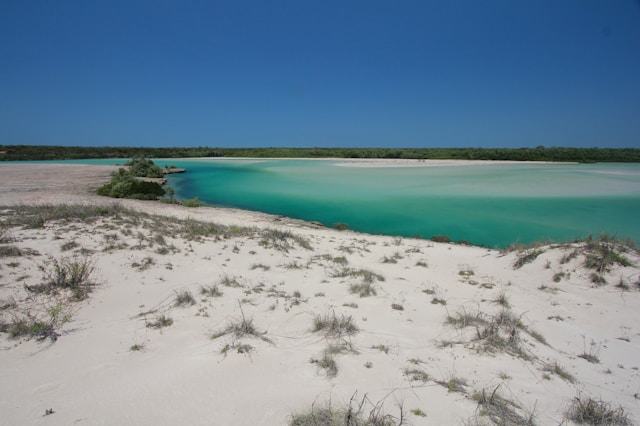The Reserve Bank board is ready to lift interest rates again as the spiralling rental crisis, sluggish productivity growth and other concerning trends threaten to derail the central bank’s plan to rein in inflation.
In the minutes from the May meeting, board members agreed it was another close call but ultimately landed on another 25 basis point hike.
The decision came as a surprise to markets and several economists, with most expecting the RBA to stay on hold for another month after hitting pause in April.
And there might be more rate hikes to come, with members agreeing “further increases in interest rates may still be required”.
ANZ head of Australian economics Adam Boyton said the minutes were on the “hawkish side”, with the use of the plural “increases” raising the prospect interest rates could lift earlier and higher than expected.
“We look for one final rate hike from the RBA in August,” he said.
Throughout the “finely balanced” deliberations, members considered “several arguments” for a hike and keeping the cash rate on hold.
RBC Capital economists Su-Lin Ong and Robert Thompson said there were no new developments feeding into decision-making, with the hike case fuelled by pressures in the rental market, persistent services inflation, the risk of a wage-price spiral and the recovery in home prices.
Ms Ong and Mr Thompson said the turnaround in the property market could lift the confidence of consumers and drive the wealth effect, which is when people spend more when their assets rise because they feel richer.
The risk of weak productivity growth and unit labour costs growing “uncomfortably fast” also helped nudge the board towards another hike.
On the other hand, board members recognised inflation had clearly peaked, consumption was weak and households were feeling financial pressure from rising mortgage costs and high inflation.
Board members reiterated that interest rate movements tended to hit with a lag.
The May hike has been weighing on the minds of consumers with a confidence index falling 7.9 per cent in May, nearing levels last seen when the pandemic started in 2020.
The index, compiled each month by Westpac and the Melbourne Institute, showed consumers have been uneasy since the surprise interest rate hike and the federal budget.
While not necessarily damning of the budget, the index reflected limitations on the government to hand out more cost of living relief at a time of high inflation, Westpac chief economist Bill Evans said.
Consumer surveys also tend to dip before and after budgets, he said.
The wobbly consumer confidence results come as former RBA governor Glenn Stevens warns businesses about ongoing economic turbulence.
Speaking at a gas industry event, Mr Stevens said Australia was unlikely to experience a repeat of the last global financial crisis, which he navigated as governor, but central banks were in the middle of a once-in-a-generation battle to return inflation to target.
“Inflation is still way too high compared with central banks’ and national objectives,” he said in Adelaide on Tuesday.
Under a deal that could add to price pressures, public service employees have been offered a 10.5 per cent pay rise across three years.
The deal for Australian public service employees, which takes into account inflation and other economic conditions, includes a four per cent lift in the first year, 3.5 per cent in the second year and three per cent in the third.
Poppy Johnston
(Australian Associated Press)




